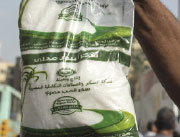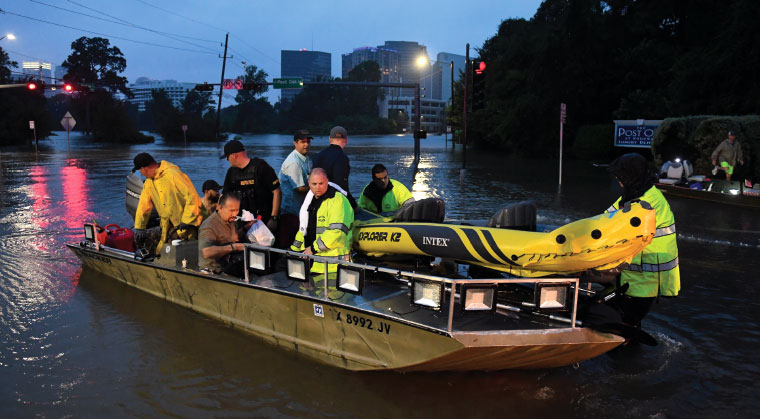Egypt Turmoil Worries Israel


A bag of sugar is a prized possession at a time of deprivation in Egypt (Photos: AFP/Imagebank)
M
ost people take for granted putting a spoonful of sugar into their morning coffee or tea but in Egypt it has become an unaffordable luxury. The public has taken notice and is none too pleased.
The sugar shortage is just one of many economic woes facingEgypt’s government. In a country where the average person lives on $2 per day illiteracy is at 35% and at least 15% of the population is unemployed the government of President Abdel Fattah al-Sisi has turned to the International Monetary Fund for a $12-billion bailout. To get the loan however Cairomust impose unpopular austerity measures.
Israelis closely monitoringEgypt’s instability.Jerusalemhas formed a close alliance with al-Sisi who has worked withJerusalemto destroy Hamas smuggling tunnels intoGazaand stand up to Islamic State in Sinai.Egyptis facing a terror war in Sinai that could also threatenIsraelone day.
Zvi MazelIsrael’s sixth ambassador toEgyptand now a fellow at theJerusalemCenterfor Public Affairs told Mishpacha that al-Sisi is “struggling” to implement badly-needed economic reforms in a traditionally Muslim country of 90 million people.
Mazel says the IMF conditions are painful but necessary. They include a 13% value-added tax floating the Egyptian pound (which resulted in devaluation) and sharply cutting subsidies for energy products.
Egypt’s tottering economy has cost al-Sisi support at home. His popularity numbers dropped 14 points in October the lowest since he came to power but still hover at a respectable 68%.

The IMF Executive Board will meet inEgyptthis month to discuss the country’s request for assistance. IMF Managing Director Christine Lagarde is expected to recommend approvingEgypt’s loan request along with supportive measures that will helpEgyptimprove exports boost tourism and attract foreign investment.
Mazel said thatIsraelandEgyptare now trying to identify fields of cooperation where an Israeli contribution “could be significant.” The main hurdle he said is the hostility of the Islamic establishment and nationalist circles remnants of former president Gamal Abdel Nasser’s rule which requires Israel to keep its distance so it is not perceived by the anti-Israel masses as being too close to Cairo.
Still behind the scenes joint projects are taking shape. The two nations are working together on solar energy electricity production agriculture and gas cooperation.
So while experts agree the IMF reforms are necessary Mazel and other observers worry that the stringent reforms could feed further strife and even lead to another uprising toppling al-Sisi.
Oops! We could not locate your form.







